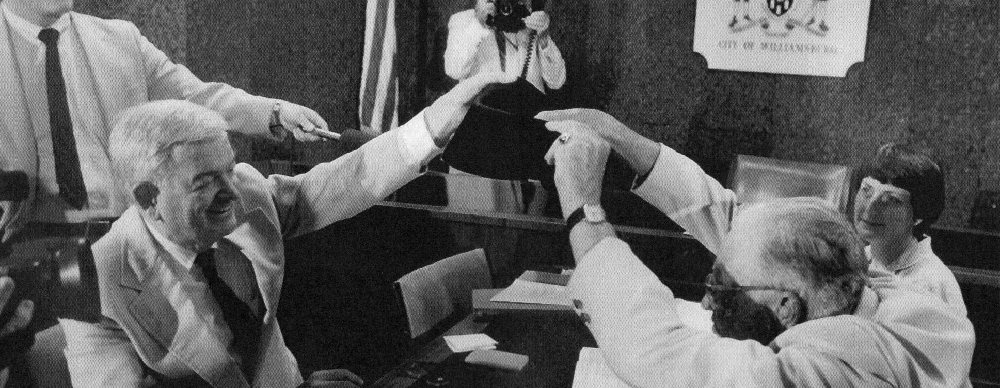One part of my life is answering the theological questions of friends and benefactors. Below is an email I got from a friend today. I didn’t think I’d turn it into a blog post until after I hit “send,” but I needed something for my Life-Update section (especially so you know what I do with a small portion of my week.) I think you’ll find his two theological questions fascinating:
His email:
Fr. Nix,
Two confusions which have been floating around in my mind for a year or two.
I have seen a pamphlet, I think by Fr. A., stating that we can pray now for a suicide victim who died years before, with the understanding that Our Lord, being outside of time, can backdate the prayers. The pamphlet didn’t take the next logical step, namely that today we can pray for the salvation of anyone who had ever died. What do you think?
If the Holy Father… can give priests the power of the Apostolic Pardon for dying souls, wiping out Purgatory (which would seem to be a plenary indulgence), why doesn’t he grant that power to every priest after hearing any Confession? I have asked this to a few priests, religious, and laity. And the best answer I received was from Sr. F: “I don’t know.” I love her honesty. On my own I sort of solved the dilemma, thinking that a person can gain a plenary indulgence any time he sets out to do so, but that on deathbed, one is very unlikely to have the mental acuity, etc., to gain that intention. What do you think about this quandary?
I am not losing sleep over either of these questions, I would love the Apostolic Pardon at my death. And I pray for people who have died apparently in the state of mortal sin, hoping that Our Lord will backdate my prayers.
And if your answer is long, heck, give me a call.
P.
My reply:
Hey P.,
I’ll give both a shot.
As to praying for suicide victims, I think we can apply the rules the Church has always held for those who died outside the Church. The Catholic Encyclopedia from around the turn of the century (ca. 1900) says public prayers are prohibited for the souls of those who died outside the Church, but private prayers are allowed. So, while Fr. A. is correct that we can privately pray for anyone in any time of history (as God is outside of time) he is a conservative modernist (but a modernist nonetheless) who obviously doesn’t know (or accept) the pre-Vatican II truths on the ultimate gravity of suicide or why we can’t do public Masses for suicides (or dead Jews or Protestants or whatever.) But you can pray for them privately.
As to the Apostolic Pardon, it should only be given once in life. The reason I believe priests were not given this to apply before the death bed is because each of us should be making reparation for our own sins (and expiation for others sins, both the living and the dead) through our merits and strength as we go about our daily lives as Catholics. But on the deathbed, it’s different for two reasons: 1) What used to be called “the final agony” is terrifying for some. 2) Many on their death beds do not have the strength to muster up their own merits to apply to atonement. Thus, the Church steps in during the time of weakness and terror with her own merits.
Hope this helps.
Fr. David
